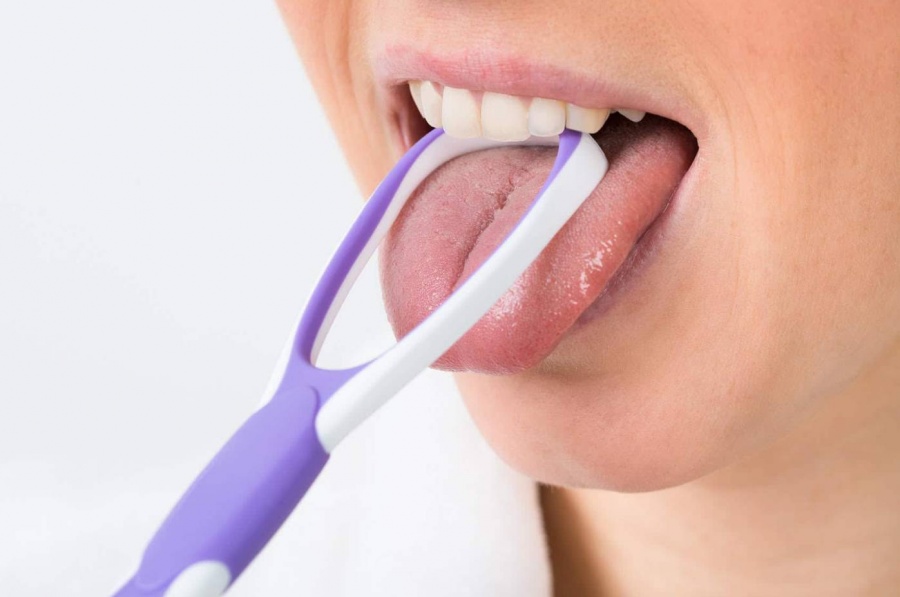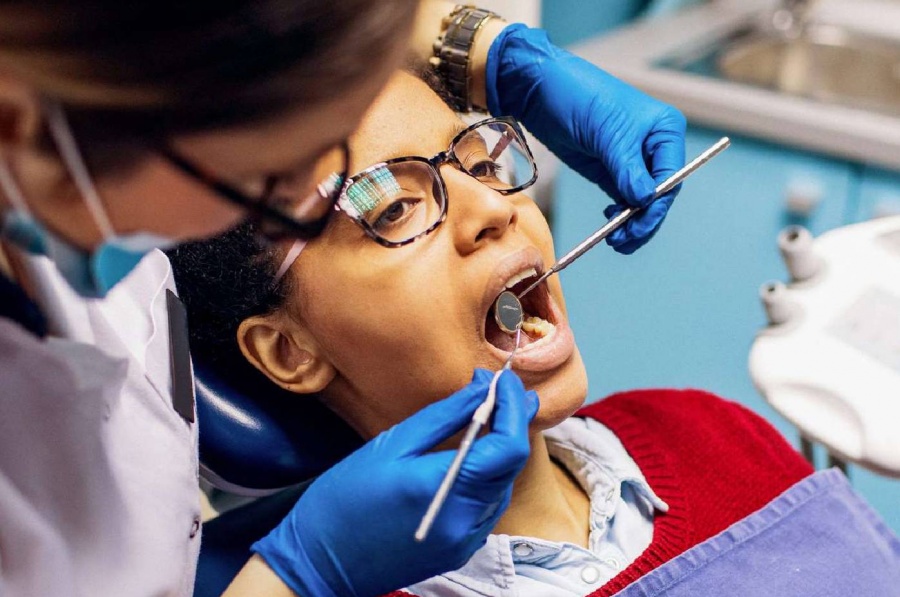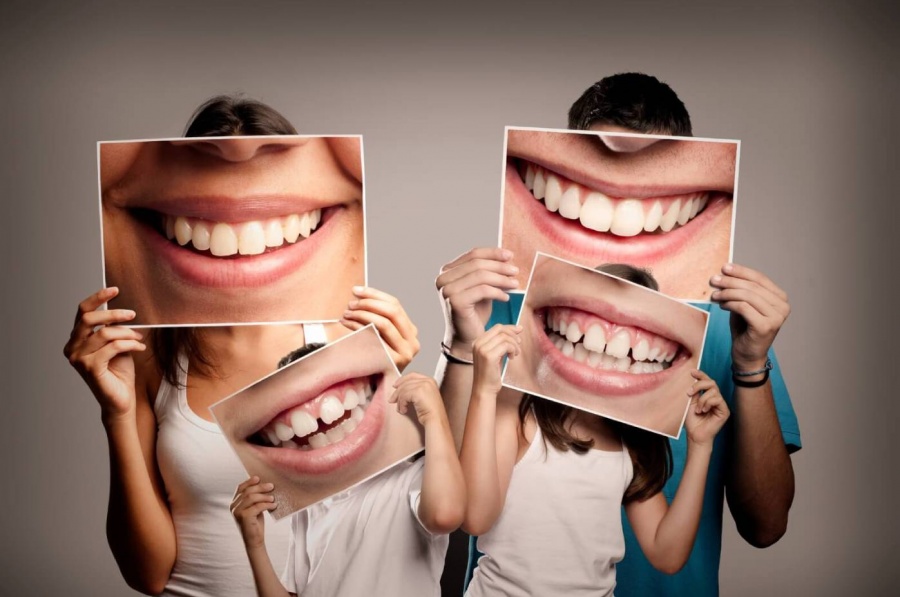You've probably heard that maintaining good oral hygiene is not just about looks, it also significantly influences your overall health. Gum disease, a common dental concern, has been linked to various health issues, including heart disease, stroke, diabetes, preterm labour, and even Alzheimer's disease. The connection between oral health and overall well-being underscores the importance of prioritizing your teeth.
So, how should your daily dental care be? How should you brush your teeth? Should you do anything extra to maintain your oral health? If you find yourself asking these questions, we have listed below practices you can do to make your daily dental care better.
Brush Regularly

Maintaining a healthy oral routine involves more than just a quick brush. Aim for two minutes, spending 30 seconds in each quadrant of your mouth. An electric toothbrush with a built-in timer can help you stay on track.
Hold your brush at a 45-degree angle and target your gums. For optimal results, use an up-and-down motion on the front and back surfaces, followed by back-and-forth strokes on the flat tops. Ensure thorough coverage: front, back, and chewing surfaces. Use a soft-bristled brush and an ADA-approved toothpaste.
If you brush post-meals, wait at least an hour after consuming acidic items like orange juice or grapefruit. Acid weakens tooth enamel, and immediate brushing may harm your teeth.
Don’t Forget to Floss
For good oral health, don't forget to floss your teeth every day. Try doing it at night before bedtime or before you brush your teeth. Flossing helps get rid of hidden food bits and makes brushing more effective. Make sure you have enough floss, about a foot and a half long. Wind it around your fingers and gently move it between each tooth, all the way to the back ones. When the floss gets dirty, use a clean section for the next tooth.
If using a long piece of floss is tricky, you can get small "flossers" from the store. These are plastic holders with a short bit of floss, they can make flossing easier and faster. Flossing might be a bit hard for some people, like kids or those with arthritis. No worries! Look for ready-to-use dental flossers at the store, they can make flossing a lot simpler.
Clean Your Tongue

Cleaning your tongue is a crucial part of maintaining good oral hygiene. Your tongue is a prime spot for bacteria to hang out and cleaning it regularly can go a long way in keeping your mouth healthy. Whether you use your toothbrush or a metal or plastic tongue scraper, the goal is to gently brush or scrape your tongue's surface. This process helps eliminate bacteria and debris that can contribute to bad breath and other oral issues. By incorporating tongue cleaning into your routine, you're not just freshening your breath but also contributing to an overall healthier mouth.
Have a Healthy Diet
Choosing foods high in fibre not only benefits your overall health but can also play a significant role in oral health. Snacking on fibre-rich options like apples, carrots, or celery between meals has a dual advantage boosts saliva flow and promotes freshness. Saliva helps wash away food particles and bacteria, thus helping with daily dental care.
Also, not consuming excessive alcoholic and caffeinated drinks can help with dental hygiene, too. They can contribute to a dry mouth, creating an environment where bacteria thrive. Instead, focus on incorporating fibre-rich foods into your diet.
Staying clear of tobacco is crucial with overall health and daily dental care also. For example, smoking not only causes bad breath, dry mouth, and oral problems, it also makes your teeth yellow. If you want to start taking care of your teeth better but have yellow teeth, you can consider teeth whitening. Teeth whitening also promotes dental care, and you can contact us for more information on it.
Drink Plenty of Water

Ensuring you drink plenty of water is a simple yet impactful step for your daily dental care. Water is not only crucial for your overall health but also plays a key role in maintaining good oral hygiene. It helps keep your mouth hydrated, washes away food particles, and neutralizes acids that can lead to tooth decay.
As a beneficial routine, make it a habit to sip water throughout the day, especially after meals. This aids in rinsing away any remaining food debris and mitigates the impact of acidic or sticky substances on your teeth. Additionally, staying well-hydrated contributes to the production of saliva, which is your mouth's natural defence against bacteria.
Regular Dental Check-ups

Maintaining your daily oral care habits is crucial for overall dental health. Even if you diligently brush and floss, regular visits to the dentist are needed. It's recommended to schedule dental cleanings and checkups at least twice a year.
During these appointments, dentists not only remove residues and check for cavities but also identify potential issues before they escalate. This proactive approach allows for timely intervention, preventing more significant problems later on.
Some dental treatment plans may cover more frequent checkups, like all on 4 dental implants or all on 6 dental implants packages. If you choose them, seize this opportunity, especially if you have a history of dental concerns like gingivitis or recurring cavities.
How to Tell if Your Daily Care is Enough
If you're wondering whether your oral care routine is making a difference, beyond the refreshing feeling, there are specific signs to look out for. A successful routine leaves your breath fresh and teeth feeling clean, even in the morning, without any fuzzy sensation. Additionally, your gums should exhibit a healthy pink color, free from redness, and should not hurt or bleed during activities like brushing, flossing, touching, or eating.
While these visible cues indicate positive oral health, certain issues may go unnoticed in the mirror. Therefore, it's crucial to schedule biannual checkups and thorough cleanings with your dentist, providing a level of care beyond what you can achieve independently, regardless of how diligent you are.


